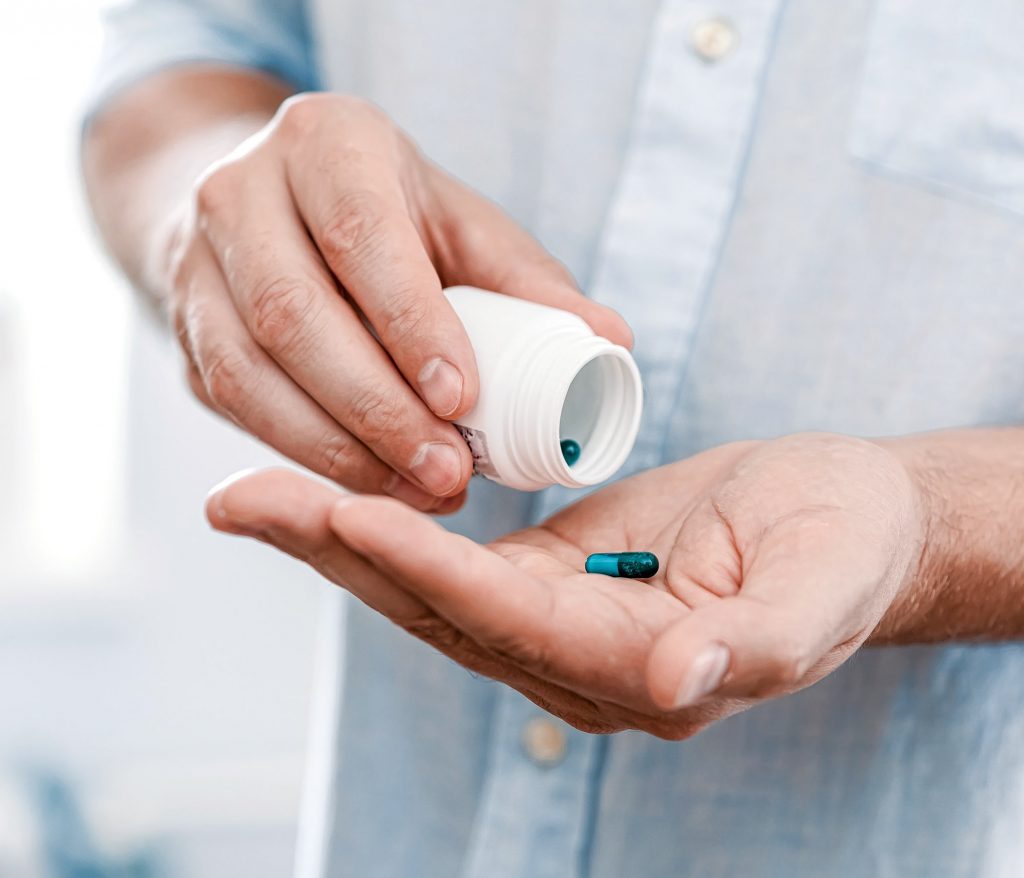When Should I Take Pills for Bacterial Infection?
Antibiotics are used to treat infections caused by bacteria. They work by either killing the bacteria or by preventing the bacteria from growing or multiplying. Antibiotics are not effective in treating viral infections, which includes colds, influenza, most runny noses, coughs, and bronchitis. Examples of antibiotics include penicillin, cefalexin, tetracycline, gentamicin, azithromycin, clindamycin, ciprofloxacin, and co-trimoxazole.
What Is the Best Antibiotic for a Bacterial Infection?
There are many different classes or groups of antibiotics. Each type of antibiotic works in a different way and is effective against different types of bacteria. In determining the best antibiotic for your infection, your MD Now provider will consider the most likely type of bacteria involved, the action of the antibiotic, as well as the most effective way to administer the antibiotic. You should never take antibiotics prescribed for another person since they may not be appropriate for your infection. It is also important to take all of the antibiotics prescribed even if you feel better. Failing to take the entire course of antibiotics may allow some of the bacteria to survive and become resistant to the antibiotic that you were taking.
Which Antibiotics Are the Strongest?
The overuse of antibiotics in humans and livestock has led to the emergence of new strains of bacteria that are resistant to many of the most common antibiotics. In response, the World Health Organization has created a list of strong antibiotics that should only be used in severe circumstances where all other alternatives have failed. WHO’s list of strong antibiotics includes third- and fourth-generation cephalosporins and Colistin.
What Are the Common Side Effects of Antibiotics?
Although antibiotics are generally well tolerated by most patients, they can cause some side effects. The most common side effects of antibiotics include:
- Stomach Upset: Some antibiotics cause gastrointestinal side effects, such as nausea, vomiting, stomach cramps, and diarrhea. This is especially common with macrolide antibiotics, penicillin, cephalosporins, and fluoroquinolones. To help minimize stomach upset, be sure to ask your MD Now provider if you should take the medication with food or on an empty stomach.
- Photosensitivity: Certain antibiotics, such as tetracycline, may make your eyes and skin more sensitive to sunlight. You can manage this side effect by protecting your eyes and skin from the sun when outside. This includes wearing sunscreen and protective clothing, including a hat and sunglasses.
- Fever: Some patients experience a mild fever when taking antibiotics such as cephalexin, beta-lactams, minocycline, or sulfonamides. The fever normally resolves on its own; however, you should consult a doctor if it lasts more than 48 hours, is greater than 104°F, or is accompanied by a skin rash or breathing difficulties.
- Vaginal Yeast Infections: In addition to killing the bad bacteria causing your illness, antibiotics can also kill off the good bacteria that keep naturally occurring organisms, such as Candida, in check. When this occurs, there can be an overgrowth of Candida, which can lead to a yeast infection. Vaginal yeast infections can normally be treated with over-the-counter antifungal creams, ointments, suppositories, or prescription medications.
- Tooth Discoloration: Tetracycline and doxycycline may permanently stain the teeth of young children. When taken by pregnant women, they may also cause the developing child’s primary teeth to be stained.
Although rare, the more serious side effects of antibiotics include severe allergic reactions and a decrease in white blood cells or platelets, which can lead to increased infections or impaired blood clotting. These side effects are most common with beta-lactams and sulfamethoxazole.
How Can I Minimize the Side Effects of Antibiotics?
Your MD Now provider can help you manage many of the side effects of antibiotics. Before taking an antibiotic tablet, you should ask your provider the following questions:
- What side effects am I likely to experience with this medication?
- Is there an alternative medication that may cause fewer side effects?
- What is the best way to manage any side effects?

